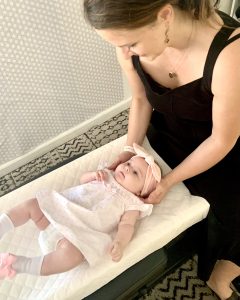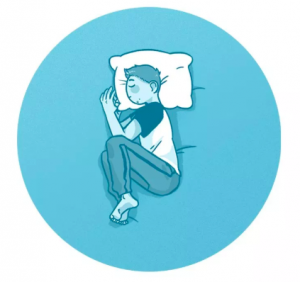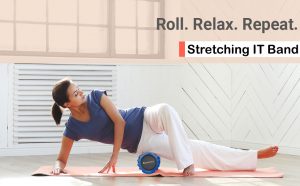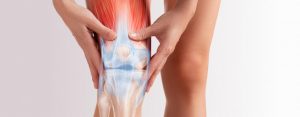
A lot of you who visit us at the clinic ask “why is my hip popping?”.
Human bodies make lots of noises, most of which are completely natural and definitely harmless. Your joints click, pop and snap as you move around, more so when you are exercising. Why does this happen? When a muscle or tendon moves over a bone abnormally or when bones rub together and create the friction you will hear the popping sound.
If your hip pops when doing leg lifts, or after running it is recognized as Snapping Hip. It means that your hip rotators are weak and tight, and rest assured it can be fixed. However, if you feel the pain that accompanies a clicking sound, you may want to check it out with your physical therapist as it might be something else.
Snapping Hip Syndrome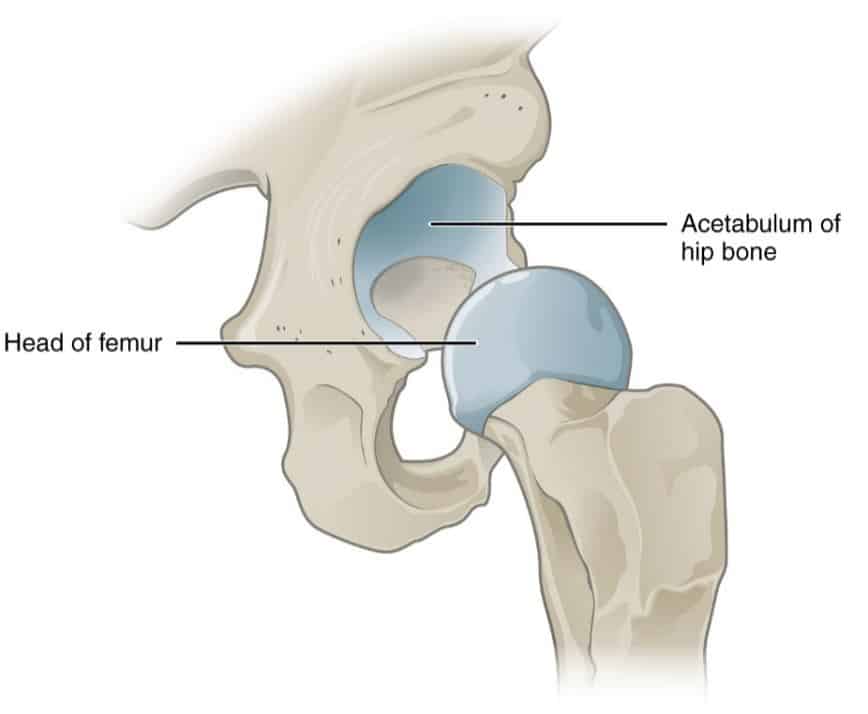
Your doctor may additionally diagnose you with Snapping Hip Syndrome if pain accompanies the clicking in your hips. Usually, this happens when the iliotibial band, a thick band of fibrous tissue that runs alongside the side of the leg from the hip towards the side of the knee (read more about IT Band), snaps over the head of the femur, which is the thigh bone. In more extreme cases, torn cartilage can cause a clicking sound. It is typically accompanied by pain and may cause your hip to lock up completely.
For the runners out there
Runners may additionally experience the sensation or the sound of snapping or clicking when their hip is flexed and extended. Again, this takes place when a muscle or a tendon moves abnormally over a bone. Runners should take it as a signal that their medial hip rotators (part of the hip-flexor group) are weak and inflexible. Strengthening them and increasing their range of motion will give up the pop and stop hip bursitis (inflammation of the sacs that let muscle groups pass easily over bone), a painful circumstance that can disrupt your running.
What can you do if your hip is popping?
- Stretching tight muscles will help: Tight hip muscular tissues can contribute to Snapping Hip Syndrome. Your quadriceps muscular tissues on the front of the thigh, hamstrings on the back of the thigh, glute muscles and the iliotibial band can all be tight with this condition. Thigh muscle stretches must be held for 15 to 30 seconds at a time, repeating each stretch three times in a row. Stretches have to be carried out every day when you are having symptoms. Stretches should not be painful. You should aim to feel a gentle pulling sensation. You might have some discomfort, however, do not take it to the extreme and feel pain
- Other exercises you can do: If your hip clicking is due to the fact of bone friction, positive techniques can help stop the problem. Try doing leg raises with your knees bent or the legs located slightly apart. You might also restrict your range of motion, by raising your heels at an equal distance from the ground.
The video below is a great resource in explaining hip popping and what to do about it.
The American Academy of Orthopaedic Surgeons says that hip clicking except when in pain requires no treatment. If the sound itself concerns you, bypass the leg raises and ice the area. You may additionally prefer to limit the quantity of exercise you do that includes the hip joint, such as cutting returned on biking and running, until you have stretched out your hips, while additionally working on strengthening them. Sit-Ups, Lying Scissor Kicks, and Dumbbell Lying Hip Abduction can be some of those exercises.
We usually tell our patients to pay attention to what their bodies are saying. Sometimes, we mean that literally, as with the case of a popping hip. Please reach out if you have any questions or comments.
The team at Custom Chiropractor

